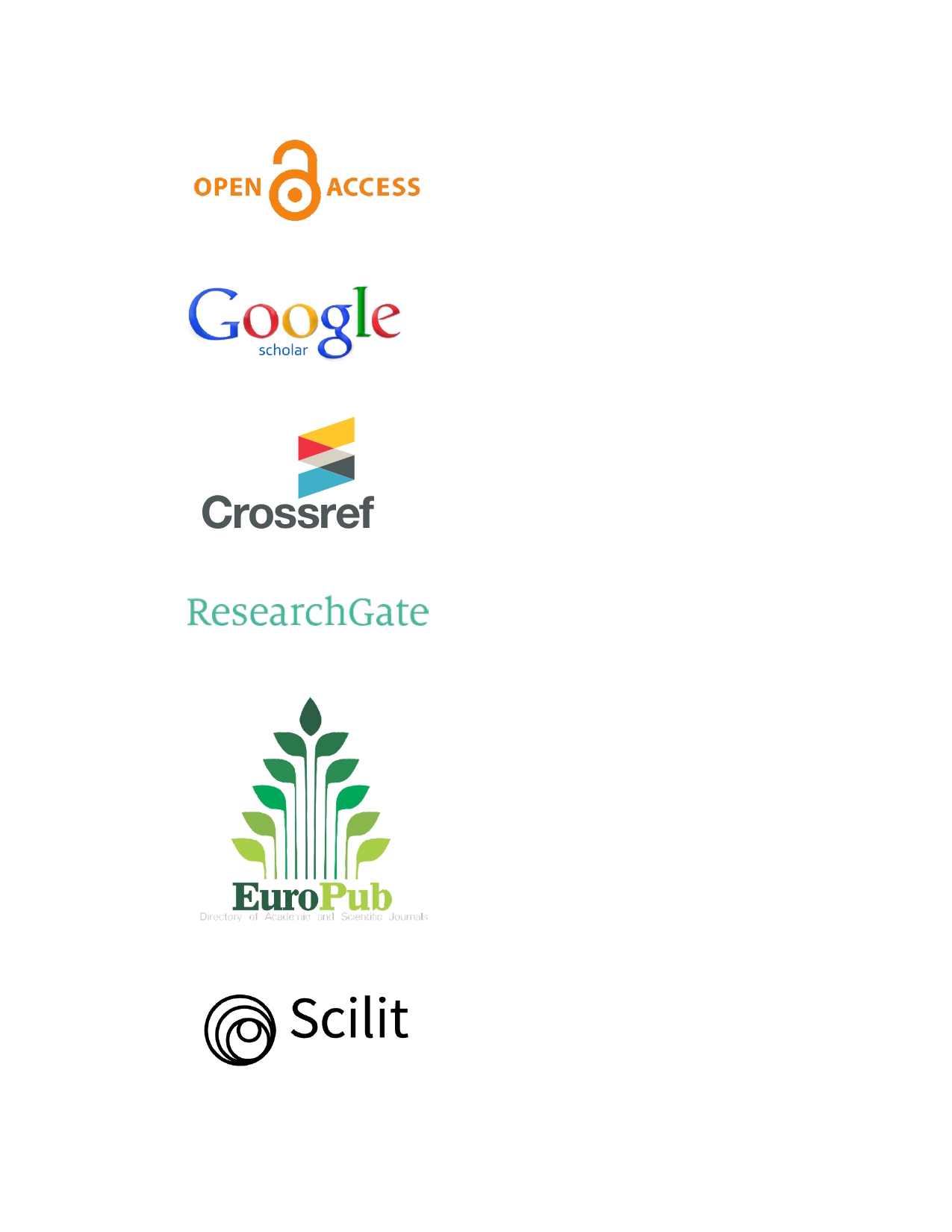The Post Covid-19 Violence Prevention Approaches in Schools and Students’ Achievement in Selected Government-Aided Secondary Schools in Jinja City, Uganda
Keywords:
Covid-19, Education in Uganda, Teaching during lockdownAbstract
The study intended to examine the impact of the post-COVID-19 violence prevention approaches in schools on students’ achievement in selected government-aided secondary schools in Jinja City. The study was designed to specifically examine the various post-Covid-19 violence prevention approaches, establish the association between the various post-Covid-19 violence prevention approaches and students' achievement, and identify challenges faced by teachers when teaching students in the post-Covid-19 era in selected government-aided secondary schools in Jinja City. A qualitative approach was used to collect data from teachers and head teachers' results were analyzed thematically and were presented verbatim. Findings revealed that students and teachers acknowledged the presence of school rules and regulations but were not called upon to design them. Administrators work with teachers and prefects to ensure students put the rules into practice, dialogue is used to settle conflicts, and student leadership is encouraged. Further, if rules and regulations are clearly explained to students, they become cooperative, allowing them to concentrate on their work, revise hard, and get good grades. Dialogue encourages students to express their views, participate actively in their education, and synthesize their thoughts before acting. Suspension helps eliminate the wrong characters and retain focused and serious students. The study concluded that Students and teachers acknowledged the presence of school rules and regulations, administrators should work together with teachers and prefects to put into practice and schools' rules and regulations for the betterment of the school and attainment of quality education. Also, it noted that students who do not adhere to the rules and regulations of the school are an indication that forces are hindering their ability to implement ideas from the school administrators. Based on the conclusions above it is recommended that the school rules and regulations need to be effectively implemented. Also instead of school administration appointing student leaders, should have a policy in which students choose their leaders. The student leaders should be included in decision-making. Finally, punishments should continue to be used so long as they are by the stipulated rules and regulations.
Downloads
Published
How to Cite
Issue
Section
License
Copyright (c) 2023 Kaahwa Yuda Taddeo, Tondo Zainah, Charles Muweesi, Mutebi Abubaker, Kabasiita Jessica, Kaweesi Muhamadi, Tendo Shira Namagero, Disan Kuteesa Mugenyi, Tomusange Robert, Pontian Kabeera, Isabirye Christopher, Kasirye Richard, Namukose Sarah, Muwagga Anthony Mugagga

This work is licensed under a Creative Commons Attribution 4.0 International License.






